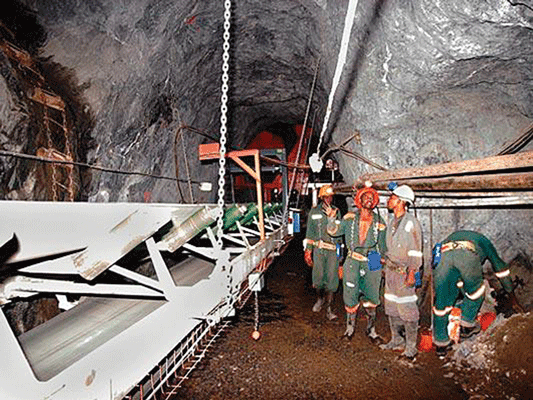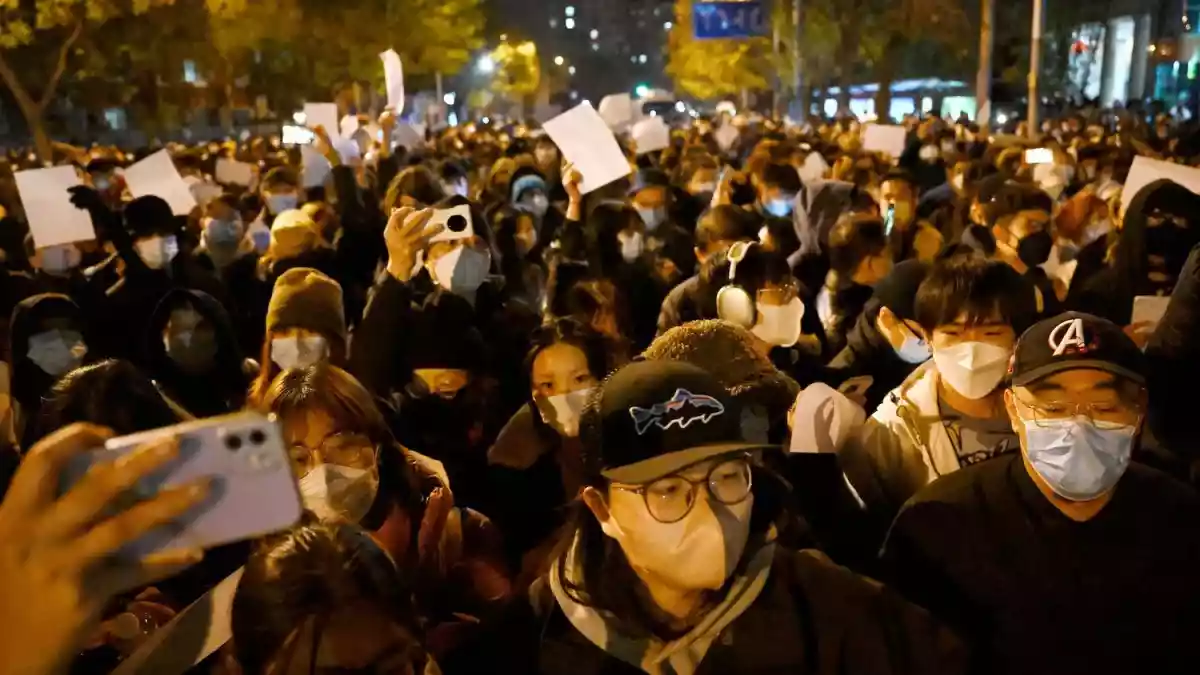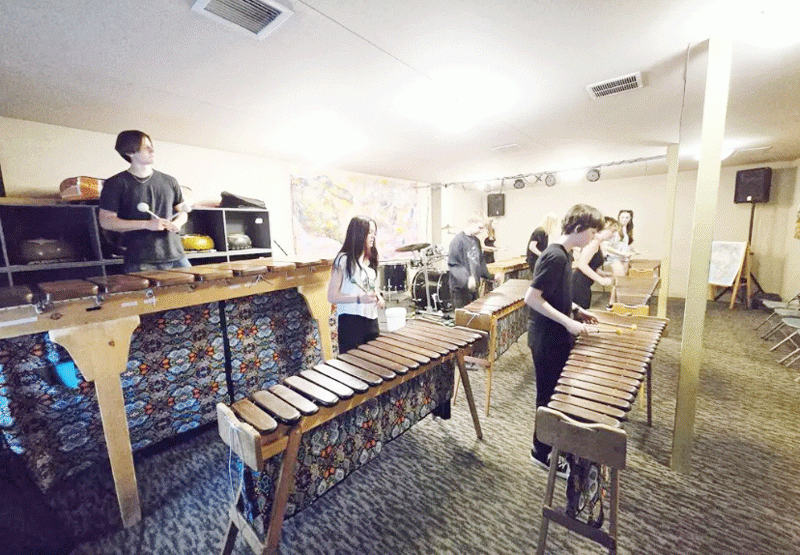
AFRICAN Parliamentarians Network Against Corruption (APNAC) says Zimbabwe has been taken over by the private sector, a situation that has left the State fragile and vulnerable to corruption.
BY MTHANDAZO NYONI
Speaking during a virtual meeting organised by the Zimbabwe Coalition on Debt and Development, APNAC Zimbabwe chapter chairperson Priscilla Misihairabwi-Mushonga said the private sector was now controlling the State.
“We are now completely a capitalist country and because we are a capitalist country, the private sector has come in. Unfortunately, we actually then romanticise the role of the private sector and yet we are in this mess because we have decided to move ideologically to the side of capital and we have allowed the private sector to literally take over the State,” she said.
“We are a fragile State because we actually do not now have what a State should be. The State has been taken over by the private sector. So when you look at issues that are to do with corruption right now and linked to domestic debt, it is the contraction of that debt within the context of the private sector.”
Added Misihairabwi-Mushonga: “I was looking at composition currently of the domestic debt, yes 45% of that domestic debt is debt that we contract because we have a fiscal deficit and, therefore, we then use it for issues that are to do with our ministries, etc.
“But the other part of it is linked to issues to do with either the domestic debt that is contracted through local government, domestic debt that is contracted through this new phrase which we now have which is recapitalisation, which again for me is basically capitalism, where we have gone and said we are now privatising what we have always known to be State-owned enterprises.”
She said it was within that context that the majority of corruption is taking place.
- Chamisa under fire over US$120K donation
- Mavhunga puts DeMbare into Chibuku quarterfinals
- Pension funds bet on Cabora Bassa oilfields
- Councils defy govt fire tender directive
Keep Reading
“It is your tendering system, it is your government guaranteeing system and that is where your root problem is,” Misihairabwi-Mushonga said.
“Unfortunately, because we have now wanted to be too simplistic about our conversation around the State and how the State is involved in this, we then lose sight of the fact that as long as we have now said we are a capitalist country, we are now allowing private sector to go into the arena which used to be the arena of the State, that’s where we are dealing with issues of domestic debt,” she said.
She said privatisation of public health was where the problem was as “we have gotten to a point where we have allowed the private sector to be the main controller of health and therefore we are surprised when we then have the ballooning of domestic debt”.
“We have allowed education for the purposes of the things that we are doing to now be in the hands of the private sector. So really for me, that is where our problem is,” she said.











